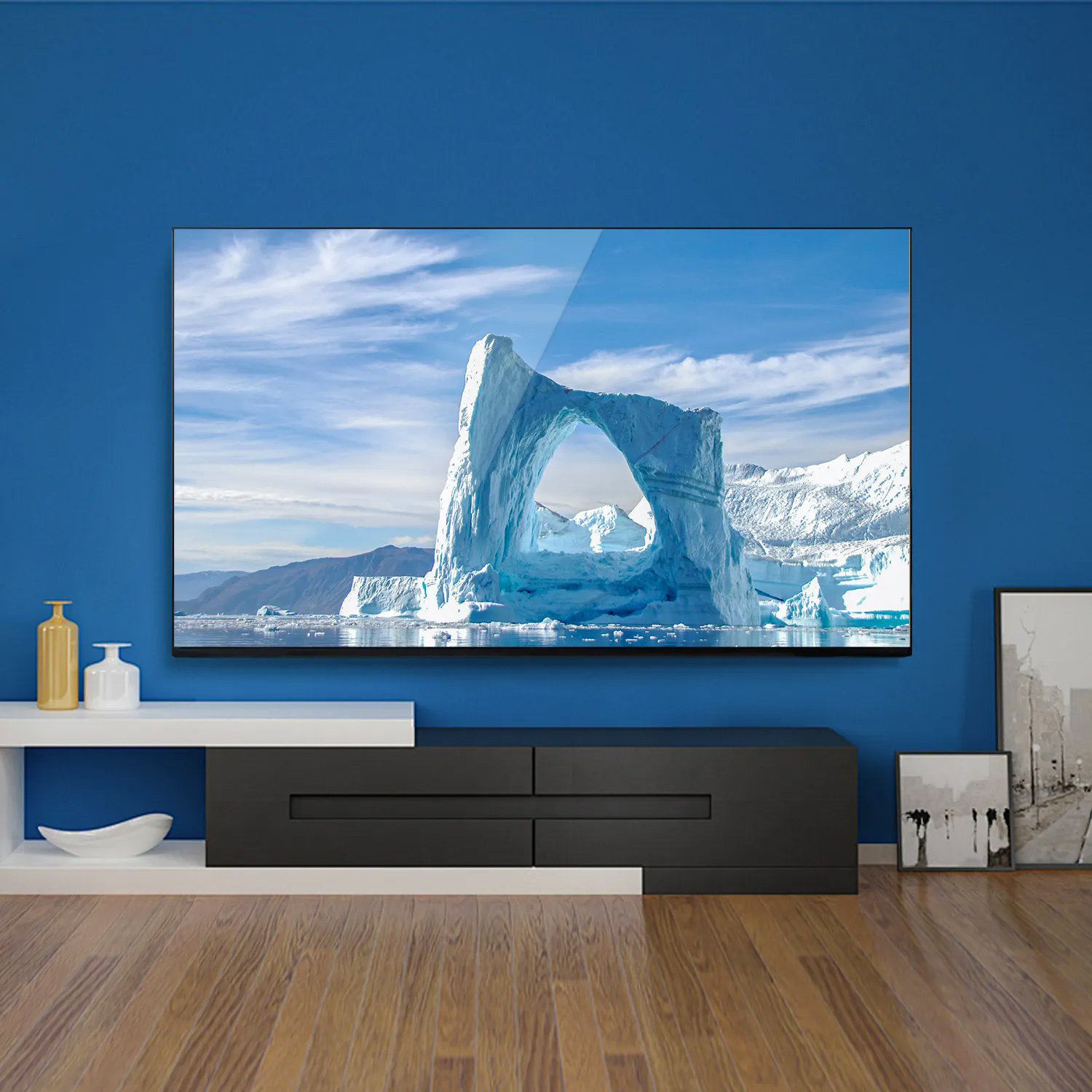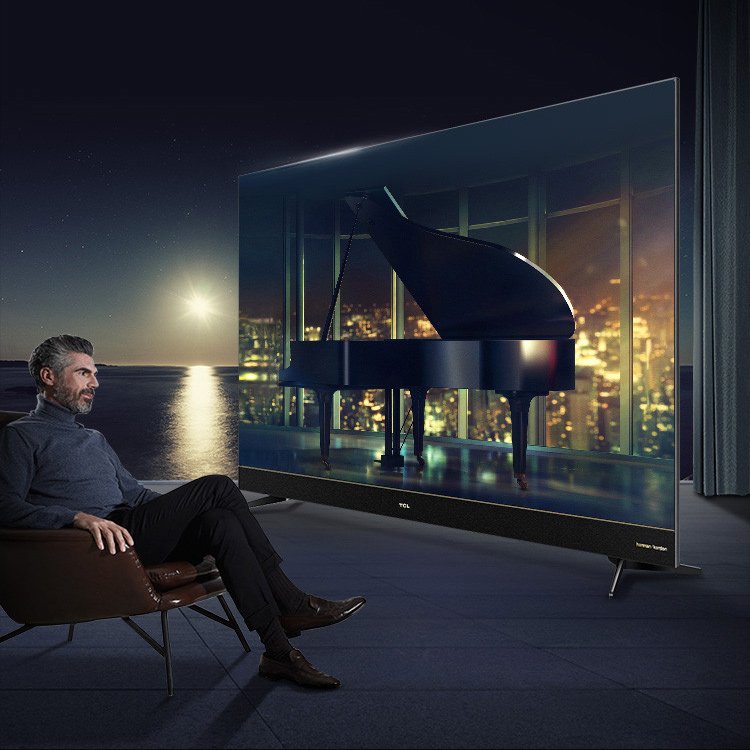Smart TVs in Hotels: Revolutionizing Guest Experience and Operational Efficiency
The integration of smart TVs into the hospitality industry has transformed how hotels engage with guests, streamline operations, and even generate revenue. Beyond serving as a mere entertainment device, smart TVs now act as a multifunctional hub that enhances both guest satisfaction and hotel management. Below, we explore the multifaceted benefits of smart TV adoption in hotels.
1. Elevating Guest Experience
Smart TVs bring the comforts of home into hotel rooms while adding a touch of luxury. Features like personalized streaming (Netflix, YouTube, or Disney+), on-demand movies, and music apps allow guests to access their favorite content seamlessly. Guests can log into their personal accounts, creating a familiar environment that caters to their preferences. Additionally, interactive interfaces provide instant access to hotel services—ordering room service, booking spa appointments, or checking local attraction guides—without needing to call the front desk. This convenience fosters a sense of control and satisfaction, directly boosting guest loyalty.
2. Simplifying Hotel Operations
For hotel staff, smart TVs reduce administrative burdens. Centralized management systems let hotels remotely update software, control content across rooms, and troubleshoot issues without manual intervention. For example, a digital concierge feature can replace printed brochures and in-room binders, reducing waste and ensuring information is always up-to-date. Maintenance teams also benefit: IP-based smart TVs eliminate complex wiring, making installations and upgrades faster and cheaper compared to traditional systems.
3. Unlocking New Revenue Streams
Smart TVs open doors to innovative monetization strategies. Hotels can partner with brands to display targeted ads or promote premium services (e.g., spa packages or restaurant deals) during a guest’s downtime. A “shop the look” feature could even let guests purchase items from the room’s décor via the TV. Additionally, offering paid premium content—like new movie releases or exclusive workout videos—provides an upsell opportunity. Local businesses, such as tour operators or restaurants, might also pay to feature their services on the TV’s interactive guide, creating a win-win for both the hotel and the community.
4. Enhancing Sustainability
By digitizing traditionally paper-based services (menus, directories, promotional materials), smart TVs help hotels reduce their environmental footprint. Energy-efficient models with automatic sleep modes further cut down on power consumption. Over time, these small changes contribute to larger sustainability goals—a selling point for eco-conscious travelers.
5. Addressing Privacy and Security Concerns
While smart TVs collect usage data to improve services, hotels must prioritize guest privacy. Implementing robust encryption, anonymizing data, and allowing guests to opt out of tracking are critical steps. Transparency about data usage—via clear privacy policies—builds trust and ensures compliance with regulations like GDPR.
6. Future-Proofing with Emerging Tech
Smart TVs are evolving into AI-powered assistants. Voice commands (e.g., “Turn lights off” or “Set a wake-up call”) could integrate with IoT devices in the room, creating a truly connected experience. Augmented reality (AR) overlays might soon provide virtual tours of hotel amenities, while AI algorithms could recommend personalized content based on a guest’s viewing habits. Early adoption of these technologies positions hotels as innovators in a competitive market.
Conclusion
Smart TVs are no longer just “nice-to-have” gadgets—they’re strategic tools for modern hotels. By blending entertainment, convenience, and smart automation, they elevate guest satisfaction, streamline operations, and create new profit opportunities. As technology advances, hotels that embrace these systems today will stay ahead of evolving traveler expectations tomorrow. The key lies in balancing innovation with user-friendly design and unwavering commitment to guest privacy.









